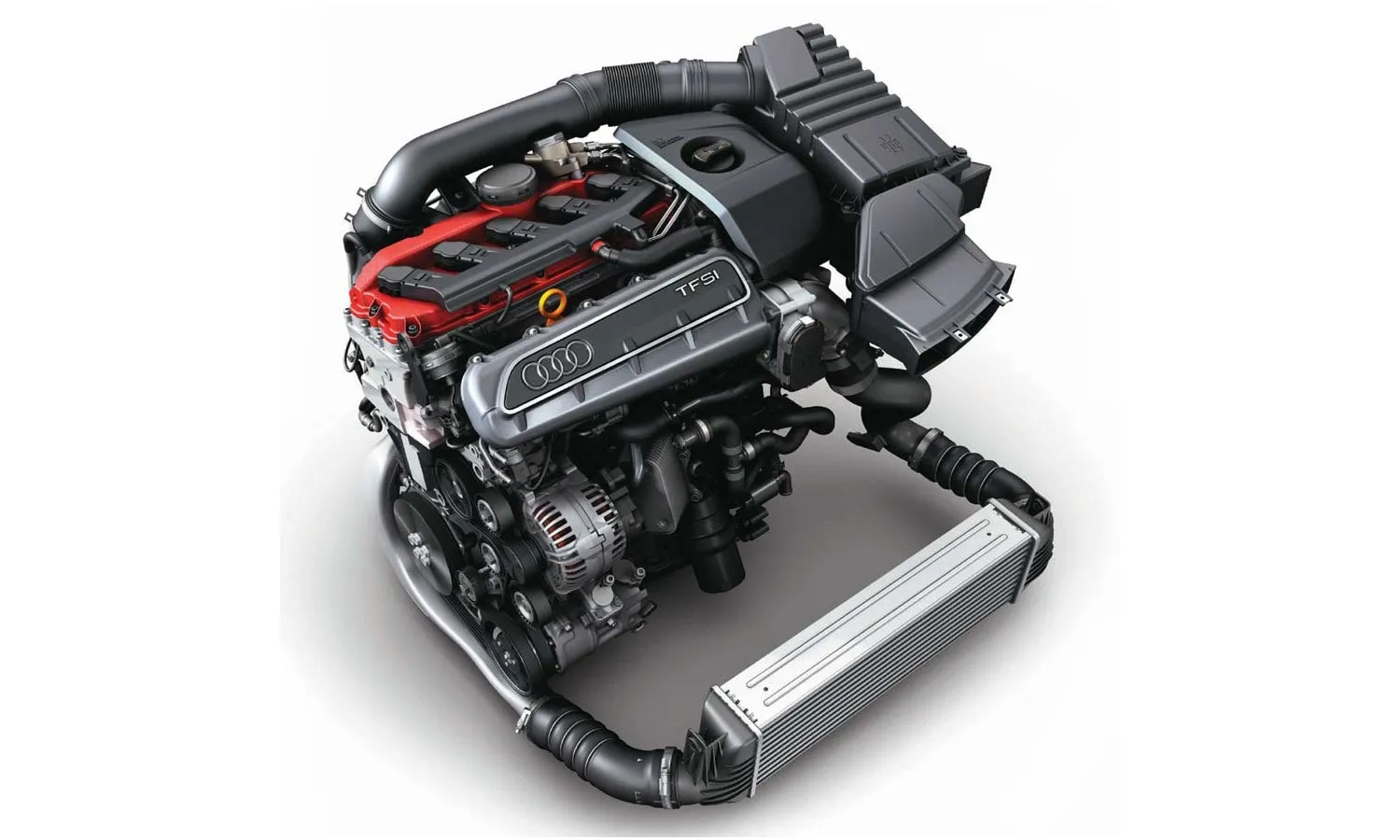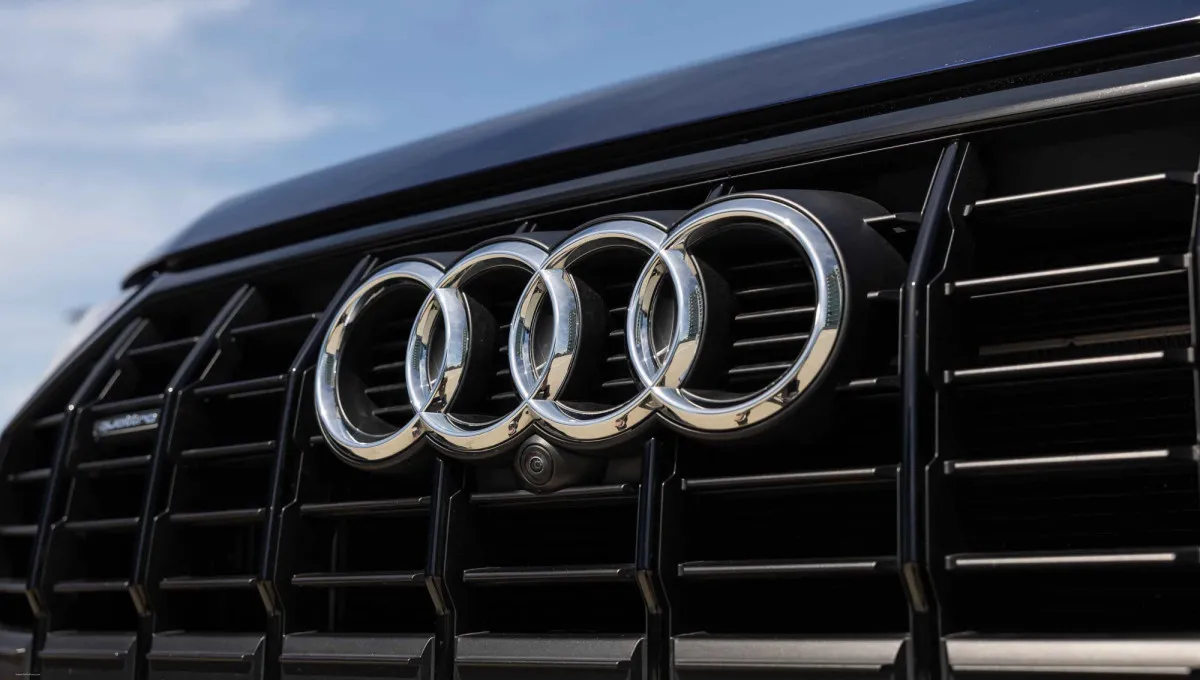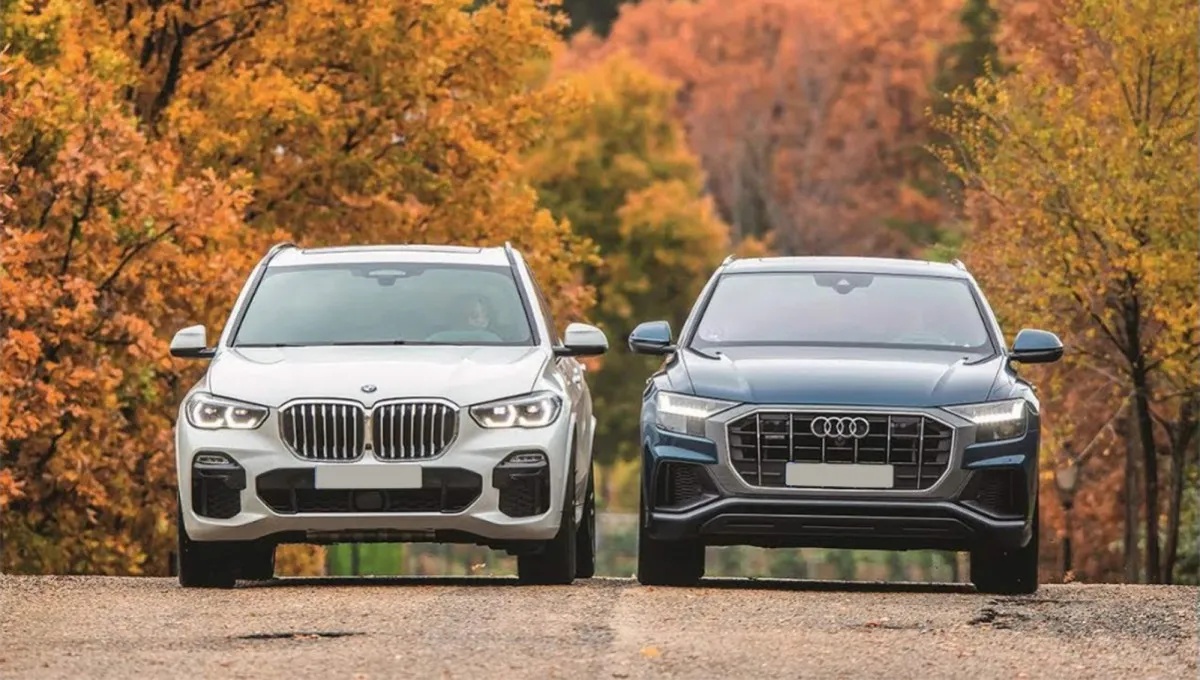Audi Forced to Retire Its Award-Winning Engine Amid Stricter Emissions Rules
The era of Audi’s legendary five-cylinder gasoline engine is officially coming to an end.

Audi’s iconic five-cylinder gasoline engine is nearing its final chapter. As confirmed by the company’s CEO, the renowned 2.5-liter TFSI will not survive the introduction of new Euro 7 emissions standards, set to take full effect by 2027. The reason isn’t engineering limitations but economics.
Today, the engine is offered exclusively in the Audi RS3. Investing heavily in updates for a single model, the company says, makes little financial sense. Still, for fans of the brand, the decision is bittersweet.
The automotive world is losing one of its most decorated engines, a unit that has repeatedly won the “International Engine of the Year” award. Its legacy is inseparable from the rally-bred Audi Quattro, which sparked a motorsport revolution and defined an era.
In its latest form, the 2.5-liter five-cylinder delivers 394 horsepower and 500 Nm of torque, offering unmatched performance and a soundtrack unlike anything else on the road. Its farewell marks the end of a combustion-engine era and accelerates the shift toward electrification. By the end of the decade, Audi’s A3 lineup may go fully electric, leaving the future of the RS3 uncertain. For many enthusiasts, this feels like saying goodbye to a piece of automotive history.
The Legendary 2.5 TFSI: The Beating Heart of Audi Sport

Audi’s 2.5-liter TFSI is one of the brand’s most distinctive engines, blending heritage with modern engineering and harking back to the iconic five-cylinder cars of the 1980s that dominated rally racing.
Its standout feature is its configuration: unlike most modern turbo engines, it uses five cylinders, giving it a unique firing rhythm and a signature growl. The sound has been celebrated as one of the most thrilling among production cars—often compared by fans to the roar of Group B rally machines.
Modern versions of the 2.5 TFSI feature turbocharging, direct fuel injection, and Audi’s valvelift system, producing up to 400 horsepower and more than 480 Nm of torque. Despite the output, the engine remains compact and lightweight, thanks to an aluminum block that shaved roughly 57 pounds compared to its cast-iron predecessors.
Fun fact: the engine has won its category in the “International Engine of the Year” awards for over a decade straight.
Today, the 2.5 TFSI powers the RS3, TT RS, and RS Q3. Its mix of brute power, razor-sharp response, and that unmistakable five-cylinder soundtrack has made it a signature of Audi’s performance lineup.
The 2.5 TFSI isn’t just an engine—it’s part of Audi’s DNA, a symbol of how tradition and innovation can coexist. Its departure closes a historic chapter while underscoring the industry’s accelerating pivot to electric power.
You may also be interested in the news:

How Drivers Ruin an Engine During a Routine Oil Check: A Common Mistake from Real-World Experience
What seems like a simple oil-level check can often be the starting point of serious engine trouble.

Audi Makes It Clear: The Brand Has No Plans to Build a Pickup Truck
And honestly, it would have been interesting to see.

Million-Mile Motors: Five Engines That Outlast the Cars They’re In
Buying a used car always comes with risks. You could easily end up with a vehicle hiding a worn-out engine that turns ownership into a headache.

The Honda Engine That Can Easily Survive 370,000 Miles
A legendary Japanese powerplant has built a reputation for refusing to quit—even after extreme mileage.

Bad News for BMW and Audi Fans: Tests Show These Vehicles Use Far More Fuel Than Advertised
During testing, the crossovers were evaluated in a range of real-world weather conditions.